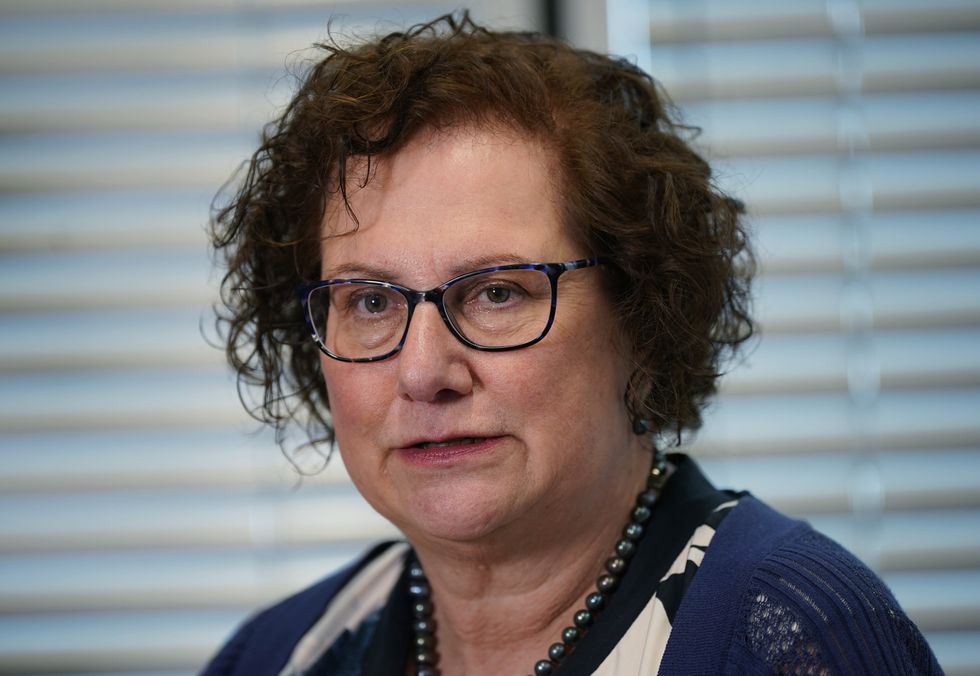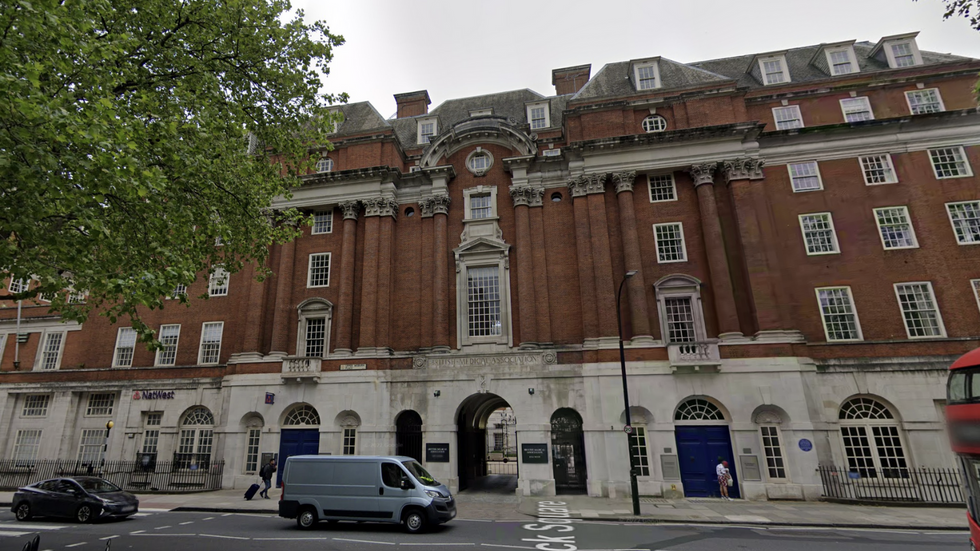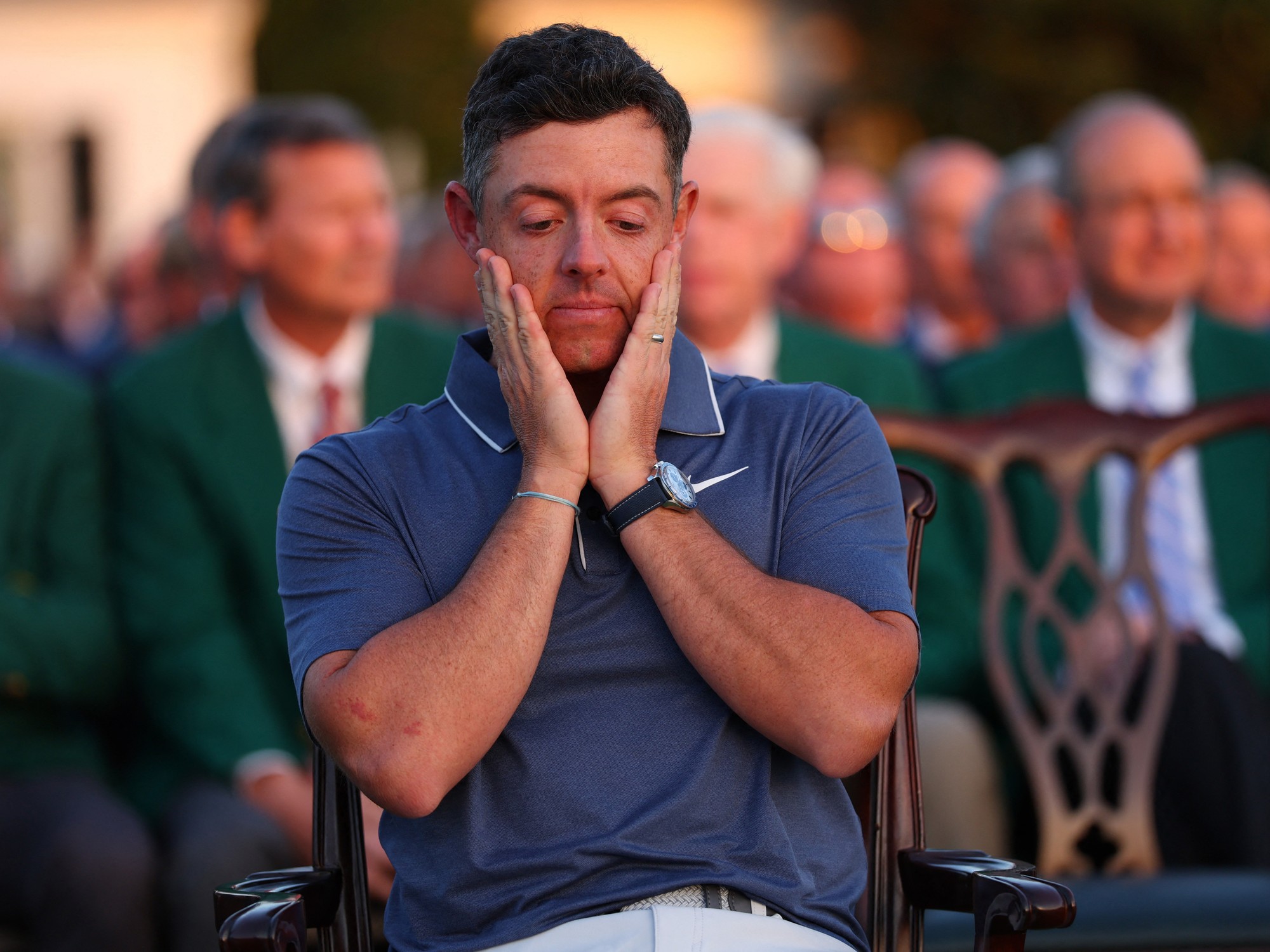The doctors’ union’s council voted for a motion urging the BMA to “oppose the implementation of the recommendations made by the Cass review”
Getty/Google/PA
Despite the review having been welcomed by health experts and successive Governments, the BMA has spoken out
Don't Miss
Most Read
Trending on GB News
The British Medical Association (BMA) has called for puberty blockers to be given to under-18s with gender dysphoria - in the face of a Government-backed ban on the controversial medication.
The BMA has also cautioned against implementing the Cass review - which made a set of proposals for young people’s gender care, including banning the blockers - after an outcry from academics.
The landmark review, commissioned by NHS England, warned against medical intervention for children struggling with their gender identity in favour of a more mental health-focused model.
Puberty blockers are a kind of medicine which blocks the body's production of hormones which would, unmedicated, stimulate the biological changes which allow young people to go through puberty.

The BMA also counselled caution on implementing Hilary Cass's review's recommendations
PADespite the review’s recommendations having been welcomed by health experts - as well as winning the backing of both the outgoing and incoming Conservative and Labour Governments - the BMA has spoken out.
The doctors’ union announced that its council voted for a motion urging the BMA to “oppose the implementation of the recommendations made by the Cass review”.
In a BMA statement on Wednesday, it said it was “critical of proposals to ban the prescribing of puberty blockers to children and young people with gender dysphoria”, and called for more research into the topic.
The union condemned the “increasing political transphobia which is ostracising transgender people and discriminating against them by blocking their access to healthcare”.
LATEST ON THE NHS:

The BMA has come out against the prescription of puberty blockers
It also said it was planning its own evaluation of the Cass review - pushing for a “pause” in the implementation of its recommendations, pending the BMA’s own judgment.
Professor Philip Banfield, the BMA’s chairman of council, said: “It is vitally important we take time and care to get this work right. This is a highly specialised area of healthcare for children and young adults with complex needs, and as doctors, we want to be sure they get the most appropriate care and the support they need.
“The task and finish group will make recommendations to improve the healthcare system that has, for too long, failed transgender patients. It will work with patients to ensure the evaluation invokes the old adage in medicine of ‘no decision about me without me’.
“It is time that we truly listen to this group of important, valued, and unfortunately often victimised people and, together, build a system in which they are finally provided with the care they deserve.”
But despite the BMA’s calls, it immediately came under fire from “gender-critical” campaign group Sex Matters.

The NHS said it was "committed to taking forward" the review's recommendations
PAThe group described the union’s calls as “scarcely believable”, and slated its take on the methodological weaknesses in the review as “baseless claims”.
Sex Matters has also called on Health Secretary Wes Streeting to “stand firm” and push ahead with the Cass review guidance. while its director of advocacy, Helen Joyce, added: “The many academics and doctors who appreciated Dr Cass’s painstaking work should tell the BMA’s leadership that it does not speak for them.
“Too many gender-distressed children have already been harmed by clinicians who put ideology before their patients’ health and wellbeing.”
An NHS spokesman said: “Dr Cass spent four years gathering evidence for the most comprehensive report of its kind, and her expertise and advice has been invaluable in supporting the NHS to create a fundamentally better and safer service for children and young people.
“NHS England has full confidence in her report and we are committed to taking forward its recommendations. We will shortly be publishing our plan to implement the report’s recommendations and findings, which includes setting out scope for further research, so children and young people can receive the best-possible care.”








